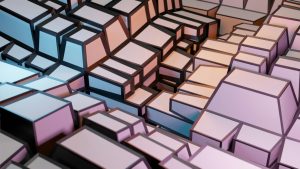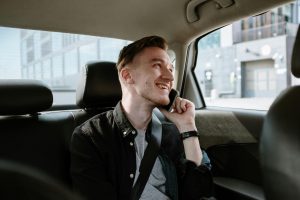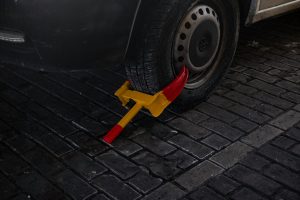DIY Car Care: 15 Essential Maintenance Tasks Every Owner Should Know
As a car owner, it can be overwhelming to keep up with all of the maintenance tasks that come with owning a vehicle. From oil changes to tire rotations, it can feel like there’s always something that needs to be done. However, with the rise of do-it-yourself culture, taking care of your car doesn’t have to mean expensive trips to the mechanic. In fact, there are many essential maintenance tasks that every owner should know how to do themselves. Not only does it save you time and money, but it also allows you to have a deeper understanding of your vehicle and its needs. In this article, we’ll explore DIY car care and highlight 15 essential maintenance tasks that every car owner should know.
The Importance of DIY Car Care
Before we dive into the specifics of essential maintenance tasks, it’s important to understand why DIY car care is beneficial. First and foremost, it can save you a significant amount of money. By performing routine maintenance tasks yourself, you can avoid paying expensive labor costs at a mechanic. Additionally, many do-it-yourself car care tasks can be completed with basic tools and supplies, making it accessible to anyone.
Furthermore, having a working knowledge of car care can also help you in emergency situations. If your car breaks down on the side of the road, knowing how to perform basic repairs can get you back on the road faster. It can also give you peace of mind, knowing that you have the skills to take care of your car without relying on others.
Essential Maintenance Tasks Every Owner Should Know
1. Oil Changes: This is perhaps the most well-known car maintenance task and one that every owner should know how to do. Oil helps lubricate the moving parts of your engine, ensuring that everything runs smoothly. Over time, oil can become dirty and lose its effectiveness, which is why regular oil changes are essential.
2. Air Filter Replacement: The air filter in your car prevents dust, debris, and other particles from getting into your engine. It’s recommended to replace it every 12,000 – 15,000 miles to maintain optimal engine performance.
3. Tire Rotation: To ensure even wear on your tires and extend their lifespan, it’s important to rotate them regularly. This involves moving the front tires to the back and vice versa.
4. Battery Maintenance: Over time, corrosion can build up on your car battery’s terminals, which can decrease its effectiveness. Learning how to clean and maintain your battery can help extend its lifespan.
5. Windshield Wiper Replacement: Worn out wiper blades can reduce your visibility while driving in wet weather. Replacing them regularly can ensure that they are functioning properly.
6. Fluid Checks: Your car has several fluids, including coolant, brake fluid, and power steering fluid, that need to be checked and topped off regularly. These fluids help ensure that your car is running smoothly and efficiently.
7. Brake Pad Replacement: Knowing how to replace worn out brake pads can prevent costly repairs in the future. It’s important to replace them before they become too thin, as this can cause damage to your car’s rotors.
8. Spark Plug Replacement: Spark plugs are an essential part of your car’s ignition system. Replacing them regularly can improve fuel efficiency and prevent engine issues.
9. Headlight and Taillight Replacement: Maintaining proper lighting on your car not only ensures your safety on the road, but it also prevents you from getting pulled over and receiving a ticket.
10. Air Conditioning Maintenance: As the summer months approach, it’s important to ensure that your air conditioning is in working order. Learning how to check and replace the A/C filter can keep your car cool and comfortable on hot days.
11. Transmission Fluid Check: Like other fluids in your car, transmission fluid needs to be checked and topped off regularly. Failure to do so can lead to transmission issues, which can be costly to repair.
12. Spark Plug Wire Replacement: The spark plug wires carry the spark from the distributor to the spark plugs in your engine. Over time, they can become worn and need to be replaced to maintain proper engine function.
13. Fuel Filter Replacement: Your car’s fuel filter ensures that any contaminants in your gas don’t make it to your engine. Replacing it regularly can prevent engine damage and decrease the risk of breakdowns.
14. Radiator Flush: Over time, your car’s radiator can accumulate rust and other debris that can block the cooling system. Flushing the radiator periodically can help maintain your car’s engine temperature and prevent overheating.
15. Belt and Hose Checks: There are several belts and hoses in your car that need to be checked regularly for signs of wear and tear. These include the timing belt, serpentine belt, and coolant hoses. Replacing them when necessary can prevent breakdowns and damage to your car.
Conclusion
In conclusion, learning how to perform essential maintenance tasks on your car can save you time and money in the long run. From oil changes to tire rotations, there are many tasks that every car owner should know how to do themselves. By familiarizing yourself with your car’s needs and keeping up with routine maintenance, you can ensure that your vehicle runs smoothly and efficiently for years to come.











